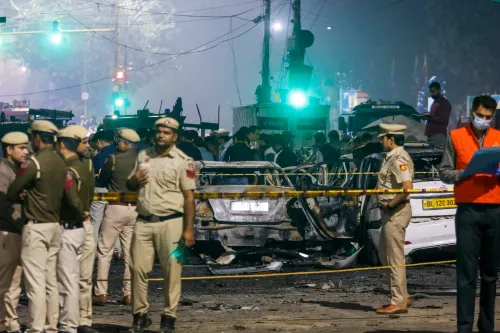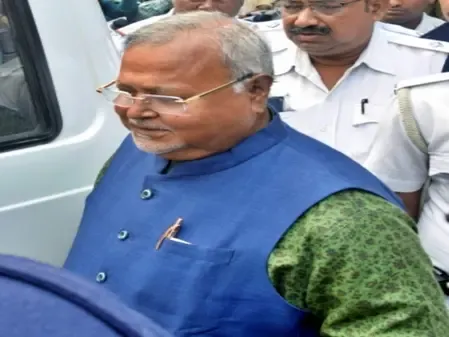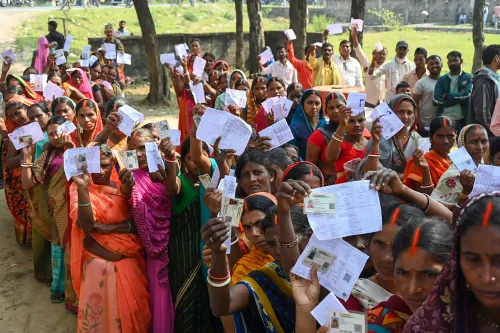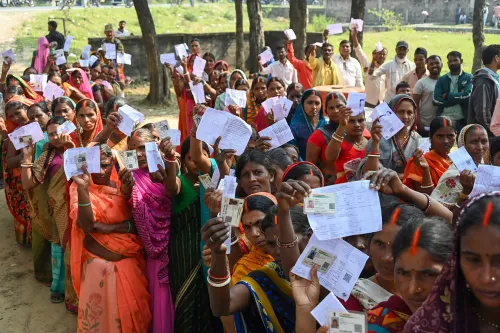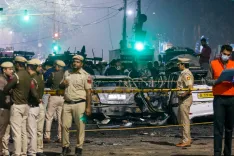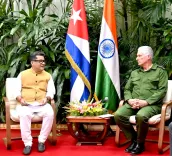Did BJP MP Cite Declassified Records to Criticize Congress Over Post-1962 Foreign Policy?

Synopsis
Key Takeaways
- Nishikant Dubey challenges Congress's foreign policy post-1962 war.
- India's global standing reportedly declined after the military conflict.
- Declassified records reveal insights into Jawaharlal Nehru's leadership.
- Neighboring countries allegedly distanced themselves from India.
- Historical analysis could influence contemporary political discourse.
New Delhi, June 6 (NationPress) BJP MP Nishikant Dubey has revisited historical documentation to challenge the Congress party’s approach to international relations, asserting that India’s standing on the world stage deteriorated considerably following the 1962 conflict with China.
Referring to declassified records, Dubey contended that no nation was eager to partner with India after the military setback in 1962, revealing the weaknesses in Jawaharlal Nehru’s foreign policy.
“Grasp the condition of foreign policy during the era of the esteemed Nehru Ji, the architect of the Congress Party's international strategy. Post the 1962 China war, no country was inclined to ally with India,” Dubey noted in a post on X on Friday.
He further alleged that even neighboring nations distanced themselves during this era of diplomatic seclusion.
“Additionally, our neighboring countries -- Nepal, Bhutan, Afghanistan, Burma, Pakistan, Vietnam, Mongolia, and Korea -- convened in Beijing in 1963, sided with China, and inked an agreement concerning the territorial dispute,” Dubey remarked.
Addressing Congress leader Rahul Gandhi directly, Dubey stated, “Rahul Baba, enlighten your party about the nation’s challenges during the Gandhi family's rule through a proper lesson. Continuous humiliation is unacceptable,” he asserted.
This marks not the first instance where Dubey has referenced archival materials to critique the Congress.
Previously, he highlighted a decades-old letter purportedly penned by then Prime Minister Jawaharlal Nehru to his Chinese counterpart. Dubey argued that the letter displayed a tone of subservience and defeat.
He claimed the correspondence indicated that China had occupied 20,000 square kilometers of Indian territory in the east and 6,000 square kilometers in the west, in addition to taking 4,000 Indian soldiers captive during the conflict.
Moreover, he alleged that Nehru had dispatched the Sri Lankan Prime Minister as a mediator for surrender and was “awaiting China's directives,” implying that India’s leadership at that time had relinquished its strategic independence.

